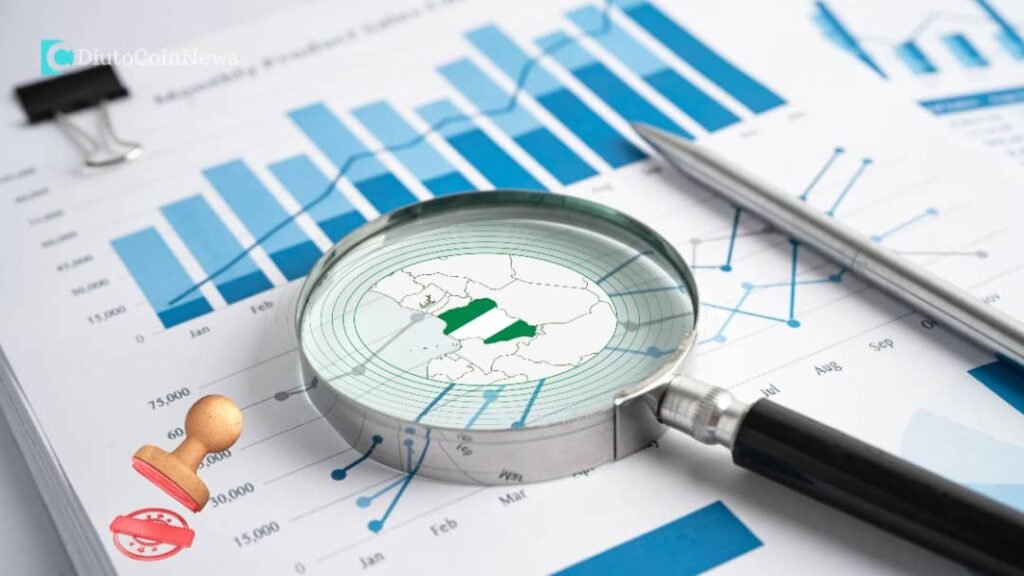Nigeria has raised $2.2 billion by selling Eurobonds (a type of international loan). The country wanted to borrow $2.2 billion but received offers worth $9 billion, meaning investors wanted to lend much more than Nigeria needed (over 300% more). This money is to help Nigeria cover its budget shortfall.
Details of the Raise
The bonds (loans) were split into two types:
A 6.5-year bond with an interest rate of 9.625%.
A 10-year bond with an interest rate of 10.375%.
These bonds will be repaid in 2031 and 2034. Nigeria hasn’t borrowed this way since 2022, and the funds will help reduce the gap in the 2024 government budget.
According to Nigeria’s Debt Management office in a statement, “The transaction attracted a peak orderbook of more than US$9.0 billion. This underscores the strong support for the transaction across geography and investor class”.
Now, Nigeria sold two bonds:
$700 million for the shorter-term bond (6.5 years).
$1.5 billion for the longer-term bond (10 years).
The buyers included fund managers, insurance companies, pension funds, hedge funds, banks, and other financial organizations.
Nigeria’s Credit Ratings
Nigeria’s ratings are still low (B- or Caa1), but they are improving, which is why investors are more confident.
According to Olayemi Cardoso, Governor of the Central Bank of Nigeria (CBN), “This outcome underscores the growing confidence of investors and the resilience of the Nigeria credit, and evidence of our improved liquidity position and continued access to international markets to support the financing needs of the government.”
Nigeria has a record-breaking budget deficit (spending more than it earns) of 4.6 trillion Naira, which is 7.6% of its GDP. This is caused by lower oil production (Nigeria’s main income source) and poor revenue collection from taxes and other sources.
However, the Central Bank of Nigeria is taking strict measures to control inflation (rising prices) and stabilize the exchange rate (value of the Naira compared to other currencies). The government also removed fuel subsidies (which made gasoline cheaper) and devalued the Naira to improve economic growth and government finances.
Final Thoughts
With this, Nigeria is well on its way to combat her financial challenges and boost as well rebuild trust with international investors.
Discover more from DiutoCoinNews
Subscribe to get the latest posts sent to your email.












